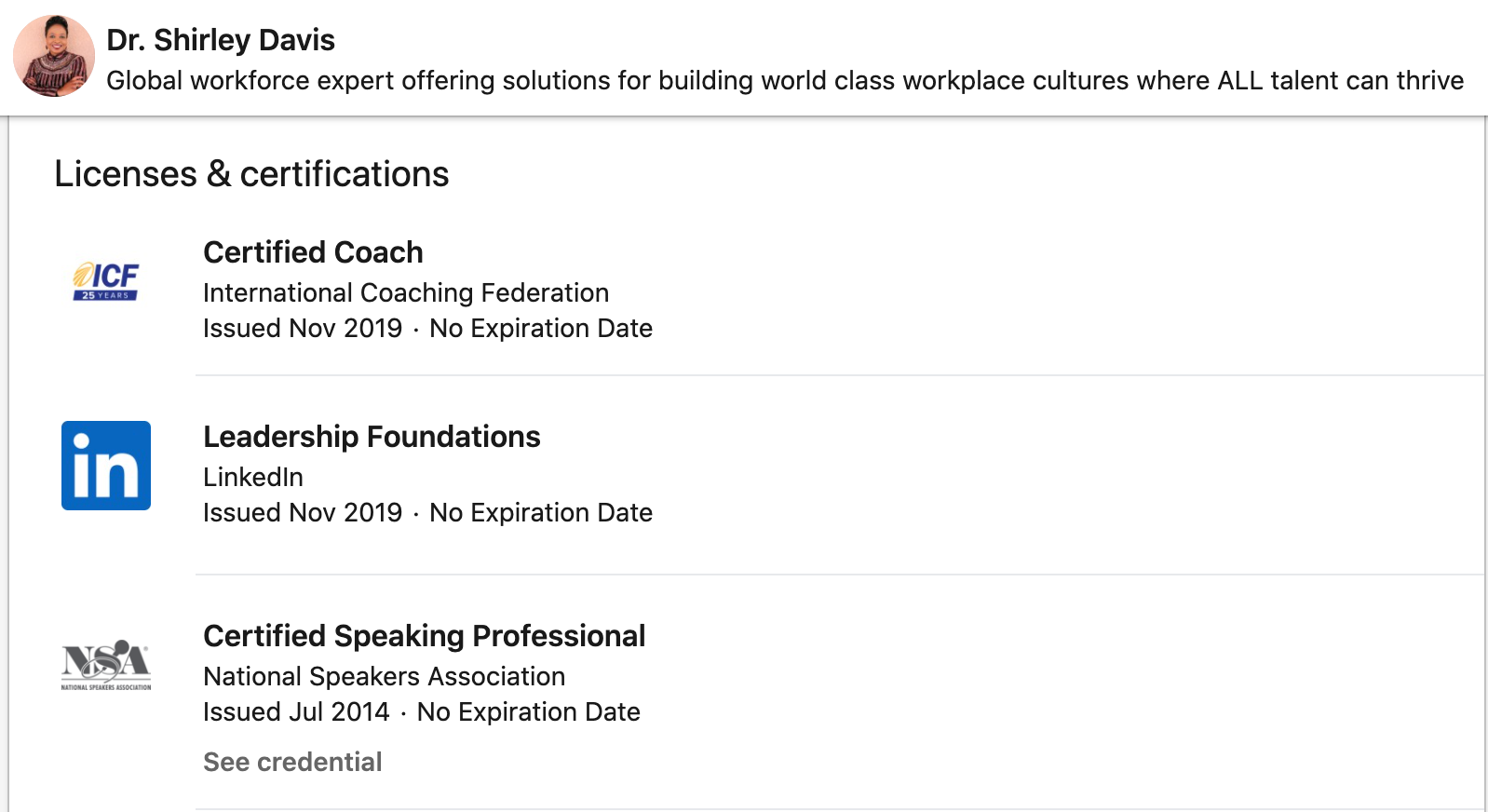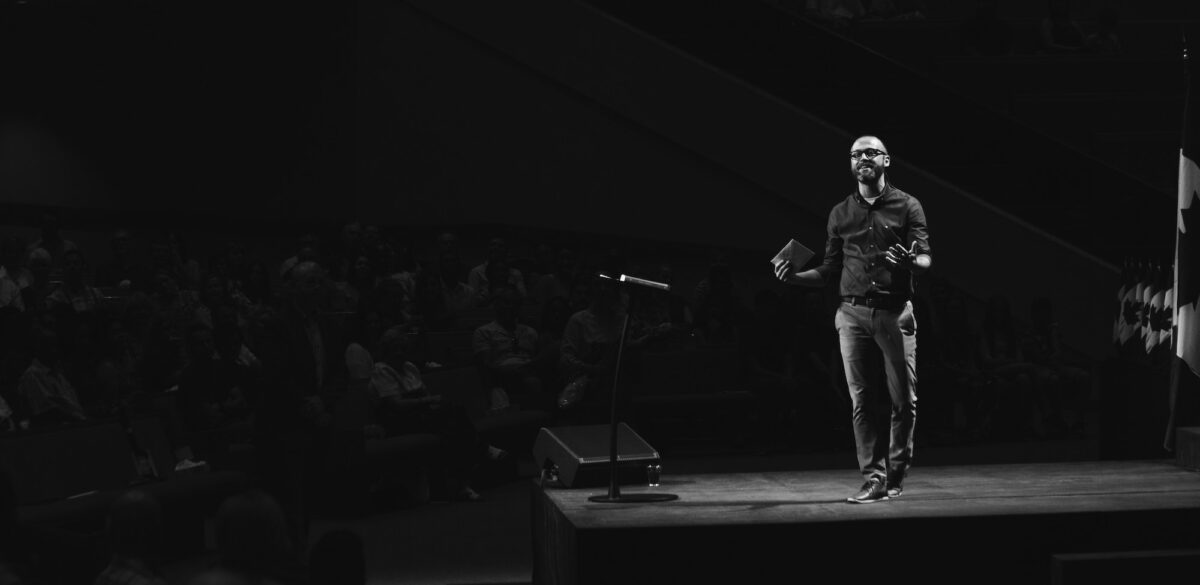Speakers can easily make or break an event. If you have a presenter who doesn’t understand who they’re talking to, or who can’t keep the audience’s attention, you’re wasting everyone’s time (and possibly their money).
Conversely, if you have a speaker who has a compelling topic and knows how to deliver it with clear takeaways, you’ll have a happy crowd who will leave positive reviews for your event, and tell others.
While big-name keynote speakers tend to attract registrants and attendees, sometimes it’s the lesser-known subject matter experts or people who have personal stories to share that deliver the most memorable presentations.
Regardless of your budget, you will be investing a lot of time into researching, recruiting, marketing and communicating with your event speakers, and trusting that they will deliver a great experience to your attendees – so finding the right person for the job is critical.
How (and where) can you find the perfect event speaker? Here are a few guidelines to get you started.
Look for customer reviews
As any psychological scientist will tell you, one of the best predictors of future behavior is past behavior.
When you’re evaluating a speaker, it’s helpful to review the feedback of event planners who they’ve worked with in the past, and audience members who have previously attended their presentations.
Whether you’re on a speaker’s website or looking through a speaker directory, keep an eye out for positive quotes and testimonials from former audience members and event planners (the more, the better!)
Look for attention to detail
When a speaker lists their expertise in very general themes like “technology” or “business,” it can be difficult to understand exactly what they will be talking about, or what your audience will take away from attending their presentation.
Ideally, you want a speaker who arms attendees with helpful frameworks or new ways of thinking about a problem or opportunity.
Look for speakers who not only list core topics, but also include the following in their bios or program summaries:
- Target Audience
- Focus
- Tools
- Learning Objectives
If a speaker has included some – or all – of this information, you know they have put a lot of thought into what type of audience their talk benefits the most, and what they want the audience to learn.
Look for videos
It’s hard to tell what someone’s personality or charisma will be like on-stage (or on Zoom) just from reading their bio.
Fortunately, many professional speakers offer videos that you can watch to get a sense of their presentation style. https://www.youtube.com/embed/VFshvhzcCVw?feature=oembed&enablejsapi=1&origin=https%3A%2F%2Feventupplanner.com
Here are popular types of videos to look out for:
- Speaker/sizzle/demo reel: This is often a short, “best of” compilation video that captures a speaker’s key themes and shows what kind of energy they bring to their presentations. When watching a speaker reel, keep your eyes and ears peeled for how the audience reacts as well!
- Long-form: Some speakers take a while to build up to a point, grow a rapport with the audience, or go in-depth on a particular topic. If you want to know whether a speaker can hold an audience’s attention for more than 30 minutes, you’ll want to watch a long-form video of one of their past presentations.
- Interview: If you’re looking for a speaker to join a panel, keep an eye out for any interviews they may have recorded. This will give you a good sense of how the speaker answers questions and how they will interact with your moderator.
Look for speaker accreditation
Speakers who are serious about their craft often go through rigorous training programs to demonstrate their dedication and professionalism.

Here are a few awards or certifications to look for when you are evaluating a speaker for your next event:
CSP – Certified Speaking Professional
Members of the NSA (National Speakers Association) can apply for a CSP (Certified Speaking Professional) designation, which only 17% of members currently hold. And it’s no wonder. One of the qualification requirements for CSP applicants is that they must have documentation of 250 paid presentations – minimum. If you’re looking for an experienced speaker, look no further.
CPAE – Council of Peers Award for Excellence
If you’re searching for an all-star speaker at the top of their game, look for someone who has won a CPAE. Only five of these highly talented individuals are inducted into the NSA Hall of Fame each year, based on the following categories: message, presentation/delivery, experience, professionalism and collateral material.
PCC – Professional Certified Coach
To become a PCC (Professional Certified Coach), applicants must go through the ICF (International Coaching Federation) and complete at least 125 hours of training, and have at least 500 hours of coaching experience. You can trust a speaker with a PCC designation to deliver a motivational or inspirational presentation.
TED
Short for “Technology, Entertainment and Design,” the TED conference is widely respected for attracting top speaking talent that leaves a lasting impression on audiences. TED speakers are often highly accomplished innovators and master storytellers.
Where to find qualified speakers online
You can, of course, do a general Google or LinkedIn search for an event speaker. But there are a few online directories that make it easy to search for speakers using filters like location, fees, and availability.
Here are a few that you may find helpful:
As you browse through the options, we hope you use the guidelines we provided to help narrow down your search and find the perfect event speaker.
Create a Call for Speakers on your event website
Consider adding a Call for Speakers on your event website, to attract applications of people interested in speaking at your event. Event management platforms, like Attendease, give you the power to create the speaker’s application and automate the process, so you can easily approve or reject applications, and simplify the process of gathering speaker data, such as bio and photos.
With these tips in hand, we hope your next speaker roster is a success!

